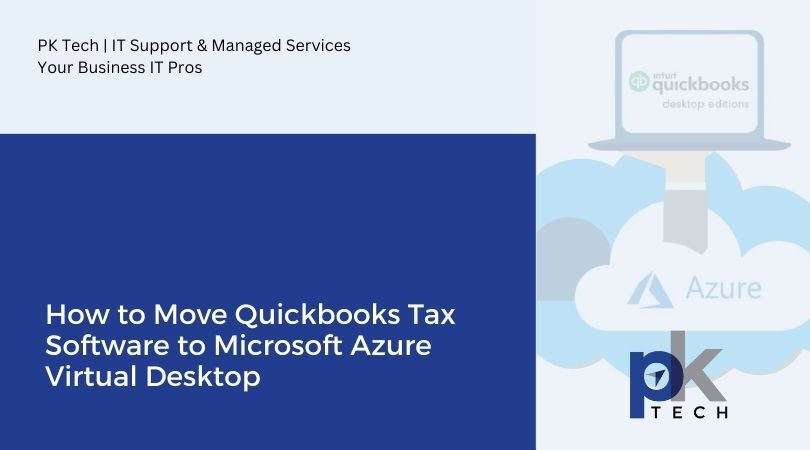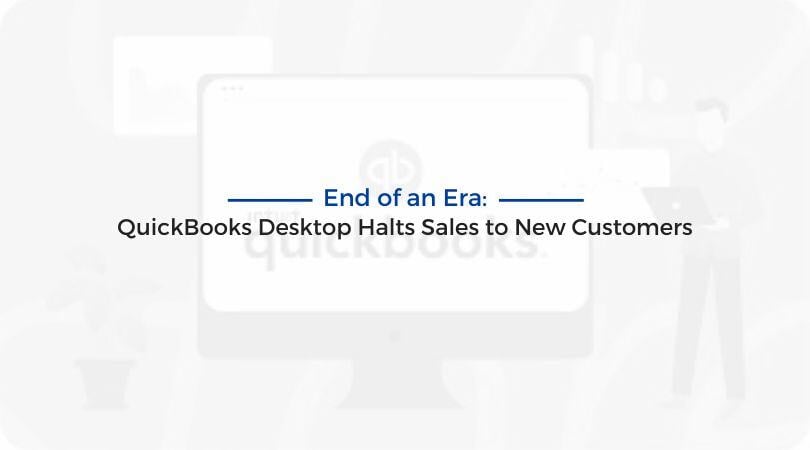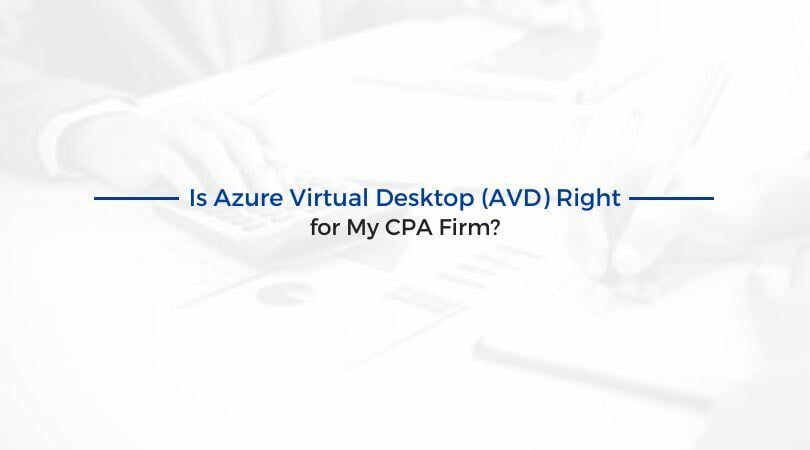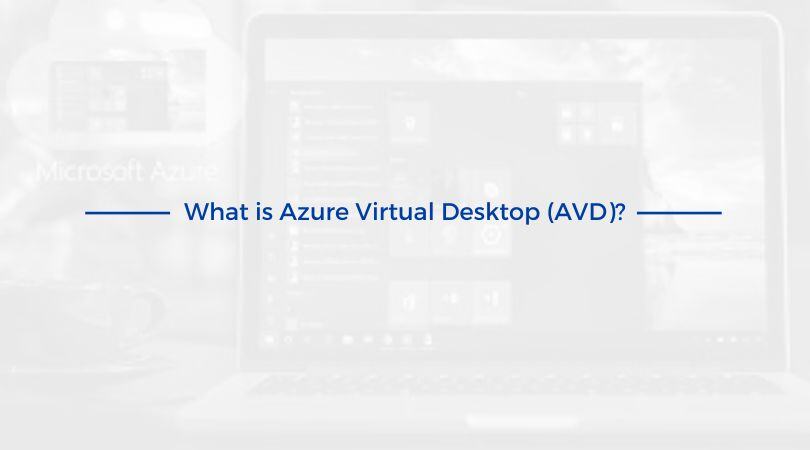End of an Era: QuickBooks Desktop Halts Sales to New Customers
In a significant move that has sent ripples through the financial software industry, QuickBooks Desktop has decided to cease sales to new U.S....
5 min read
PK Tech September 22, 2025

As businesses increasingly rely on cloud-based solutions to support remote work and improve operational efficiency, traditional desktop software products like QuickBooks Desktop (QBD) and QuickBooks Desktop Enterprise are also evolving.
Other than moving to QuickBooks Online, one of the most powerful ways to modernize your QuickBooks Desktop environment is by moving it to Microsoft Azure Virtual Desktop (AVD). While there are other cloud hosting options that could host your data and allow you to remote into their systems to access QBD, AVD stands out. AVD skips the middle man and empowers your business to host directly with Microsoft. The big non-Microsoft players in the QBD hosting business rely on used-car style sales tactics such as a temporarily low price at the beginning, constant upsells, unreasonably low storage, backup retention that has to be upgraded (add-on), and potentially third-world tech support.
We recommend you work with a qualified IT company that has in depth knowledge of your industry, is third party audited at least annually (such as SOC 2 Type II), and has experience managing Microsoft AVD environments.
This approach offers greater flexibility, scalability, and security while enabling accountants and finance teams to access QuickBooks from virtually anywhere.
In this post, we’ll explore why companies are making this shift, what challenges they may face, the opportunities it unlocks, and how to successfully migrate QBD software to Microsoft Azure Virtual Desktop.
The move to Azure Virtual Desktop is often driven by strategic needs such as:
These benefits make Microsoft Azure Virtual Desktop an ideal solution for businesses looking to modernize their accounting operations without sacrificing the functionality.
While the benefits are clear, migration isn’t without its challenges. Here are a few that businesses need to consider:
Planning for these challenges ahead of time can significantly improve the outcome of your migration project.
Beyond simply "moving to the cloud," transitioning to Azure Virtual Desktop opens up long-term business value:
These opportunities make the transition to Azure more than just a technical upgrade. Moving to Azure creates a foundation for business agility and resilience.
Here’s a step-by-step approach to moving your QuickBooks software to Azure Virtual Desktop:
Moving QuickBooks Desktop Software to Microsoft Azure Virtual Desktop is a smart move for companies aiming to modernize their financial systems and support remote work. Companies are opting to move all kinds of operations to the cloud, and bookkeeping software is no exception. Whether you use QuickBooks or an alternate bookkeeping software, it's wise to consult your managed IT partner on whether a cloud migration makes sense for your business.
While the migration involves technical complexity, careful planning and execution can lead to substantial flexibility, security, and efficiency gains.
Whether you're working with an internal IT team or a managed service provider, aligning your QuickBooks setup with Azure’s cloud capabilities will pay off in better user experiences and future-ready infrastructure.
Are you looking to ask a qualified team of IT experts about what a cloud migration would look like for your business? Schedule a time here.

In a significant move that has sent ripples through the financial software industry, QuickBooks Desktop has decided to cease sales to new U.S....

Azure Virtual Desktop (AVD) has gained significant attention as a remote work solution, but is it the right fit for CPA firms? In a world where...

In the evolving world of cloud computing, Azure Virtual Desktop (AVD) has emerged as a game-changer, revolutionizing the way organizations approach...